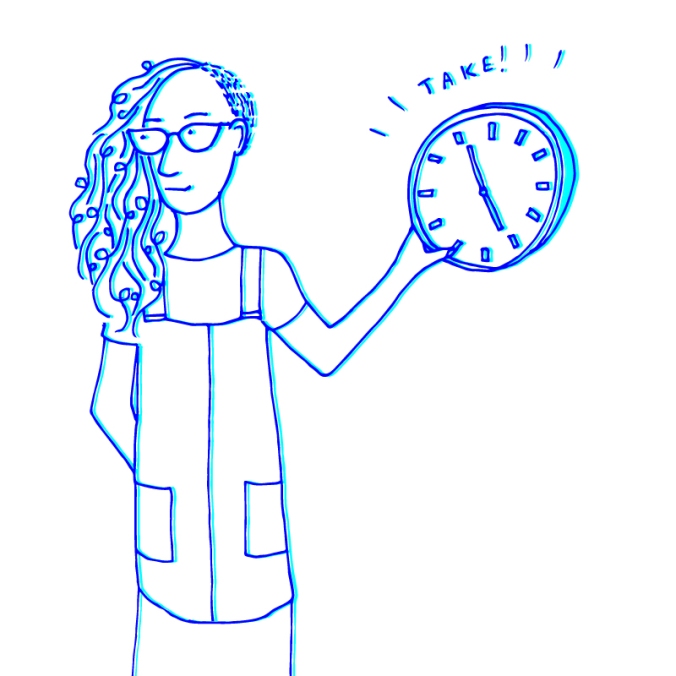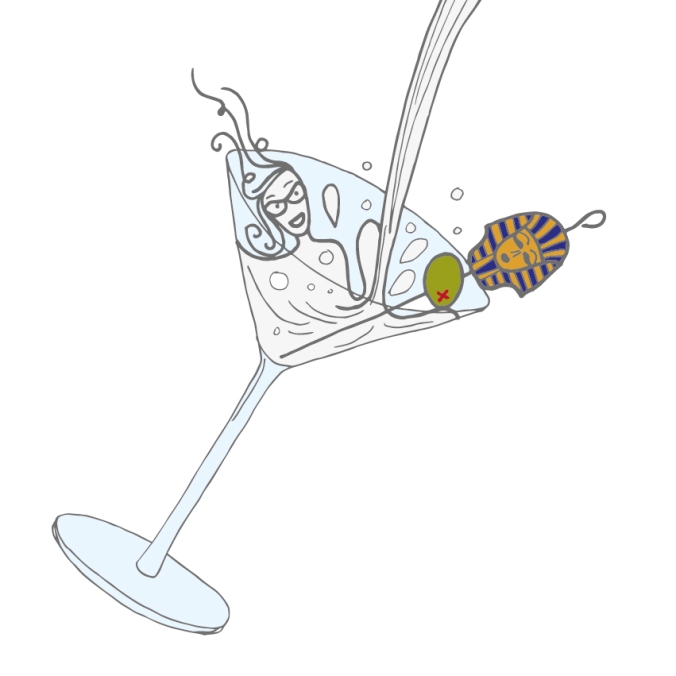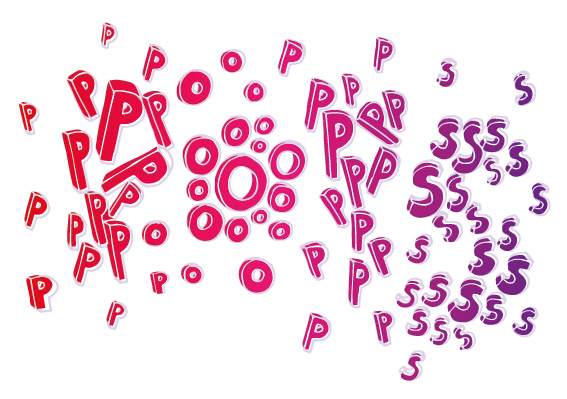
Irresistible is a word I overuse.
Or maybe I just don’t have much resistance.
I’ve already talked about the fact that for me the ultimate test of pop is whether it makes you want to engage with it. Whether it brings you in, takes you by the hand. Whether it makes you want to sing, dance, move, cry, or melt into infinity.
This is a song that will reel you in, again and again.
I can’t remember the last time I listened to it just one time, when I had the power to skip back.
Everything. Every single thing.
The whole song is structured to pull you in, to lift you up and keep you moving.
It starts with the first hook. This warm fuzz of guitar just dancing up and down and around the point, while everything else stays steady.
This pattern stays. Most things stay super simple, to let one element at a time take the weight of the song. This is simple stuff, but here it’s used mostly to give a favour to everything else. Quite often things will repeat with an added flourish, once anything is established as the norm, it can be complicated. Powered up.
My normal trick when writing these is to put the track on repeat and just keep on writing, picking out details. Right now, it feels like I’m in an infinite loop. It never relents, even as it fades, even in that first instant. The drums pluck out this simple insistence. The bass oscillates.
And the singer talks, and the singer sings.
And. That. Damn. Guitar.
Are you reelin’ in the years?
Are you stowing away the time?
Are you gathering up the tears?
Have you had enough of mine?
The words feel sad and nostalgic, laced with a mean spirited bitterness. It’s about entitlement, and basically a bit of a shitbag song.
So fuck that shit. The words don’t matter. It’s about that feeling.
First the near spoken verses are damn fun to speak along with. Lovely little rhymes and flourishes, and an immaculate sense of rhythm. Then the chorus is simple enough that anyone can grasp it. It’s a hard sing, quite an odd pitch. But it’s a bloody joy.
But really, the moment it gets me, and the moment I feel like it could get anyone, is when that guitar solo kicks in.
Apparently most of the rest of the track was already recorded, and they just got Elliot Randal to come and layer a guitar over the whole song. You can hear how he waits for times he can respond. It adds to that layering I mentioned above. It’s just bursts to begin with. Flourishes and responses.
But then it kicks in for real.
It’s painfully irresistible. The temptation to rip out an air guitar and pull yourself along with those noodles is incredible. Even the song can’t stop itself, slamming piano and everything else into the second repeat. Again, add a layer once something is clearly established. Here it works beautifully, taking my hands out of air guitar and in to a ridiculous mix of air piano, air drums, jazz hands, and sassy, sassy mime. If my shoulders weren’t already bouncing, they are now. It pours its joy through your body. Surprisingly patiently.
It’s not rocket science, but it is a guitar part simple but effective and weighty enough to grab you. It sounds fun. It sounds like moving your body in that rhythm is going to be entertaining, but it’s too fast for my hips, so it just begs me to take up guitar.
I’m still livid that I’ve never got to play it on Guitar Hero. I’m awful, but that’s the closest I’m going to get, and I want to have the feeling of that solo coursing through my fingers.
It’s not clever. But it is perfect.
It comes in for a second run at the end, too. And it still just takes you back in. And I think that’s the trick here.
This is pop that doesn’t want to stress or strain you. It just wants you to be left wanting more. It wants you to play with it. It wants you to bounce with it. Sing with it. Wiggling your hands like a tit with it.
And frankly, I’m not one to refuse the irresistible.







